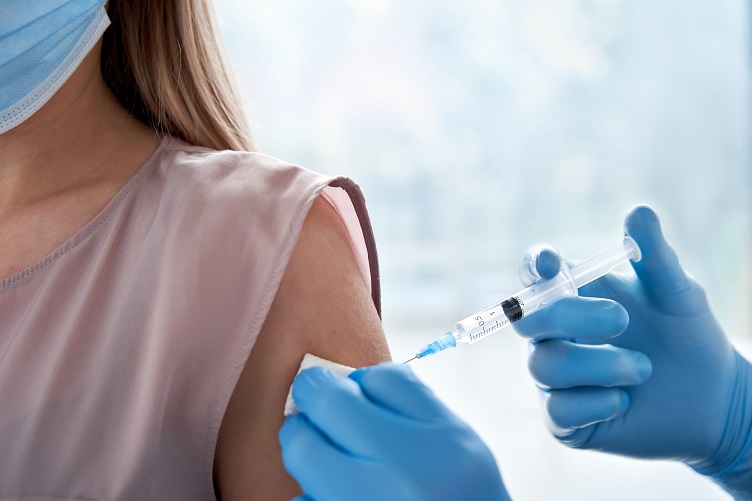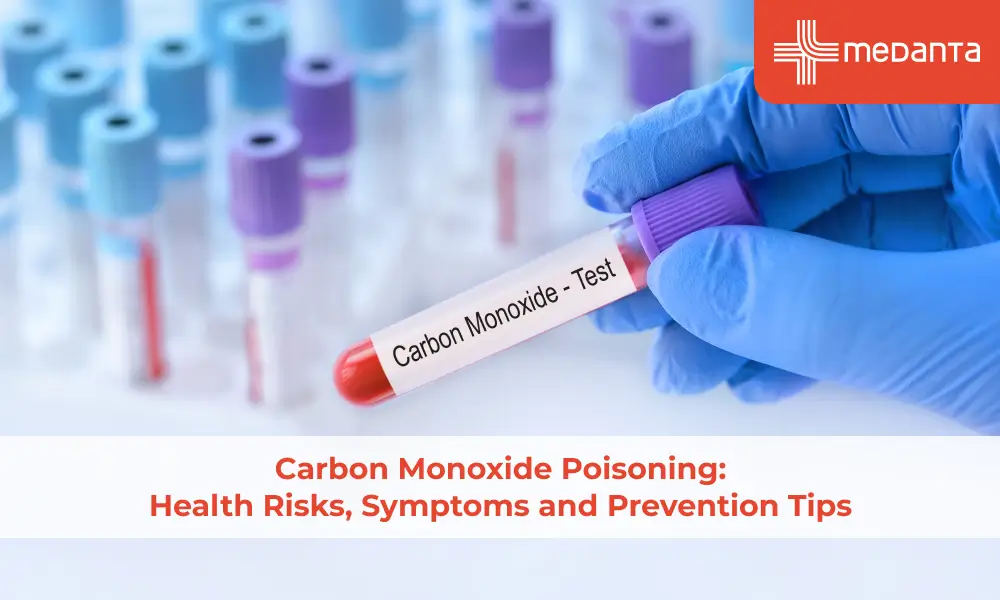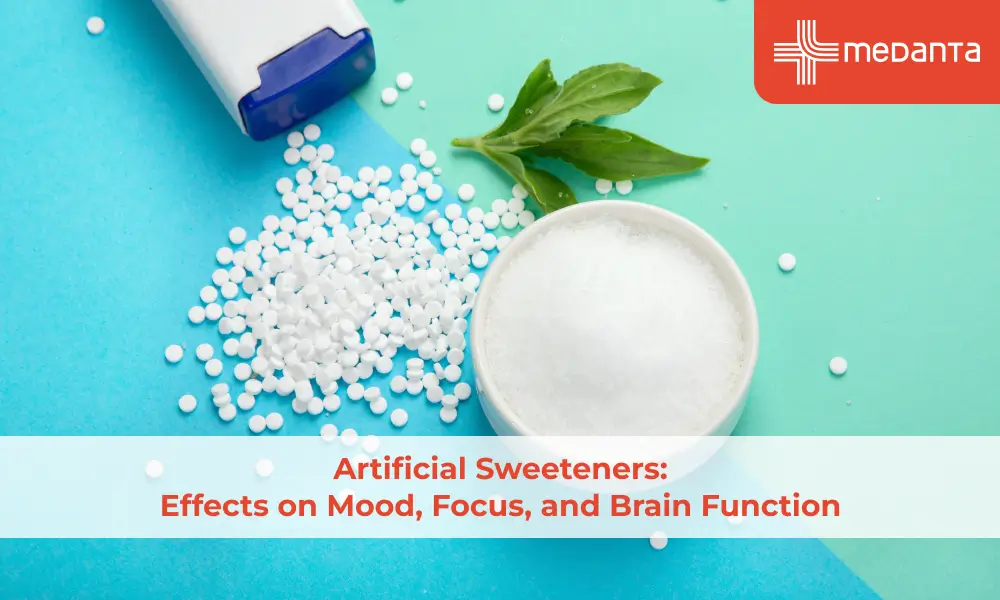Who is Eligible for Receiving Monoclonal Antibody Therapy for COVID-19?

Monoclonal antibody treatment is a novel method of treating COVID-19 in people who have tested positive with the virus and are at high risk of developing severe illness. The purpose of this treatment is to lower viral loads, reduce hospitalizations, and minimize symptom severity.
Similar to antibodies which are proteins that the body naturally produces to defend itself against disease, Monoclonal Antibodies are artificially created in the lab, tailor-made to fight the disease they treat. Casirivimab and Imdevimab are monoclonal antibodies that are specifically directed against the spike protein of SARS-CoV-2, designed to block the virus’ attachment and entry into human cells. Two distinct antibodies bind non-competitively to the COVID-19 virus cell surface and prevent the virus from infecting healthy cells. Using two antibodies protects against emergence of resistance.
The monoclonal antibody therapy is most suited for high-risk COVID-19 patients who are within first ten days of symptom onset and meet any of the following criteria:
- Age 65 years or older
- Obesity with BMI>35
- Type 1 or type 2 diabetes mellitus
- Chronic kidney disease, including those on dialysis
- Chronic liver disease
- Currently receiving immunosuppressive treatment
- Age>55 having either heart disease, or hypertension, or chronic lung disease
High risk patients between the 12 – 17 years of age weighing at least 40 kg may also be eligible if they have any of the following conditions:
- BMI ≥85th percentile for their age and gender based on CDC growth charts
- Sickle cell disease, or congenital or acquired heart disease
- Neurodevelopmental disorders (e.g., cerebral palsy)
- Medical-related technological dependence, for example, tracheostomy, gastrostomy, or positive pressure ventilation (not related to COVID-19), asthma, reactive airway or other chronic respiratory disease that requires daily medication for control
The therapy is not recommended in patients who:
- are hospitalized due to severe COVID-19, or
- require oxygen therapy due to COVID-19, or
- require an increase in baseline oxygen flow rate due to COVID-19 in those on chronic oxygen therapy due to underlying non-Covid-19 related comorbidity
It is not yet known if these antibody infusion therapies are safe for pregnant or breastfeeding women, or if they could harm a foetus or newborn. However, the advantages may outweigh the hazards. It is advisable to consult the primary care doctor before considering this treatment in case of pregnant and lactating women.






